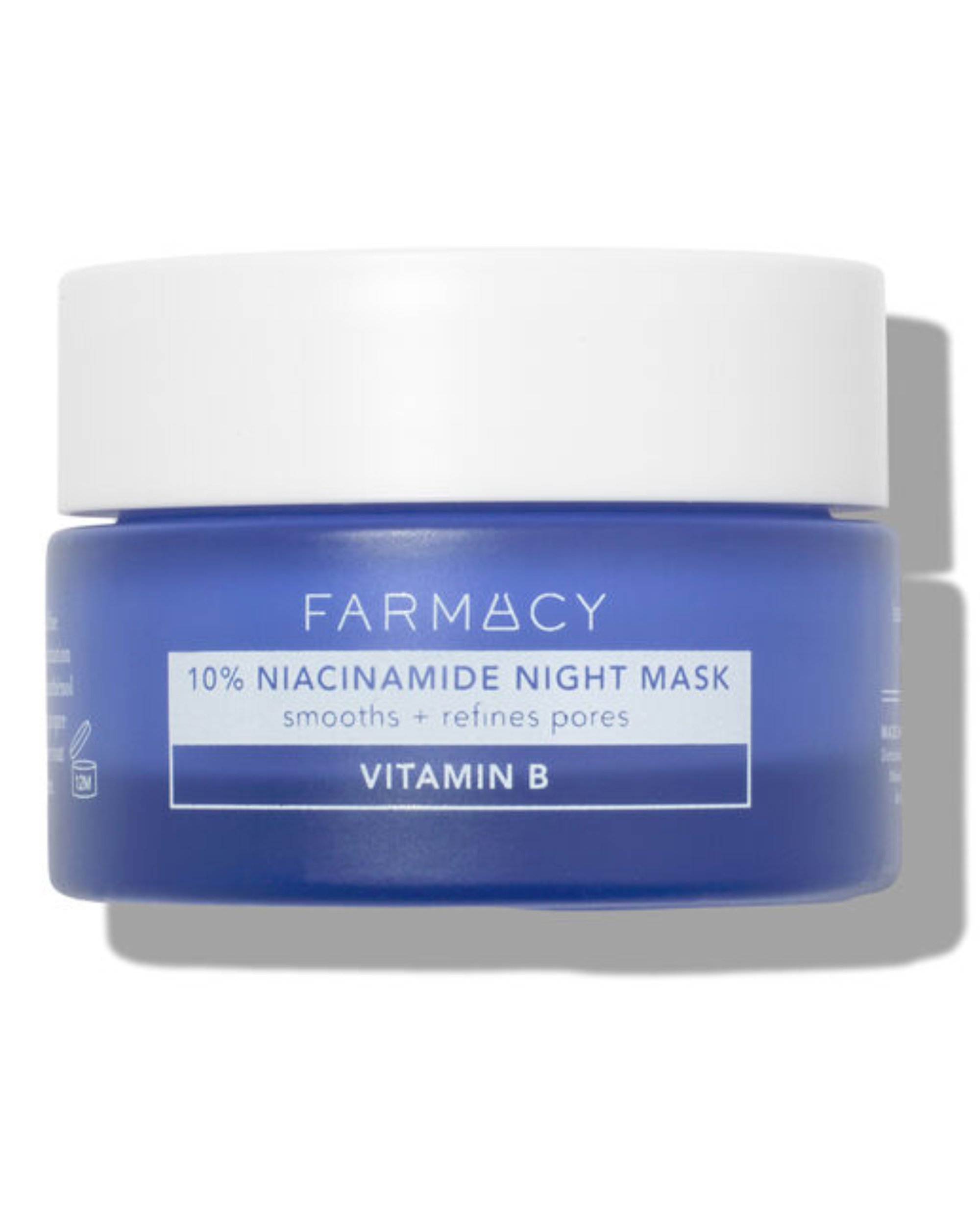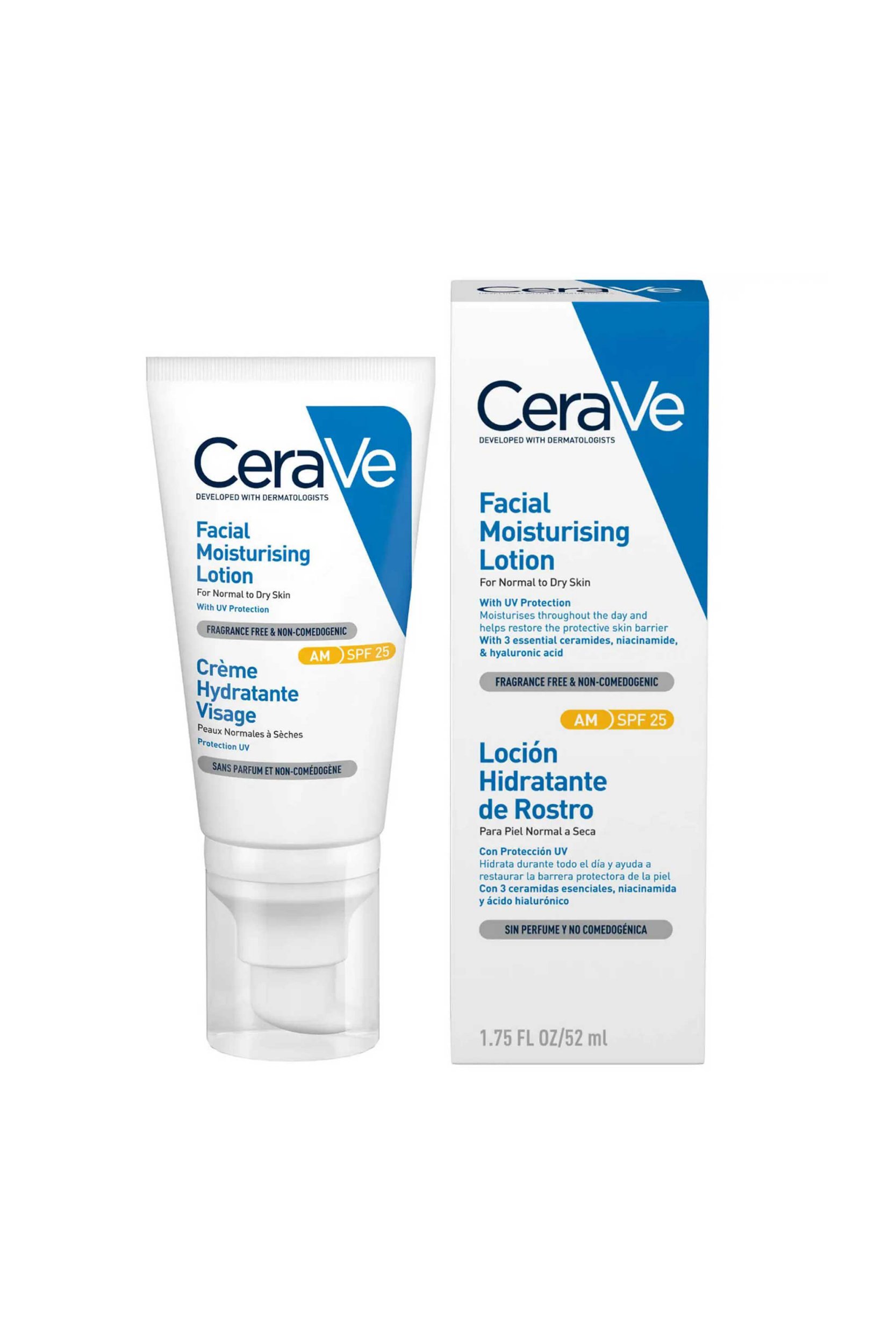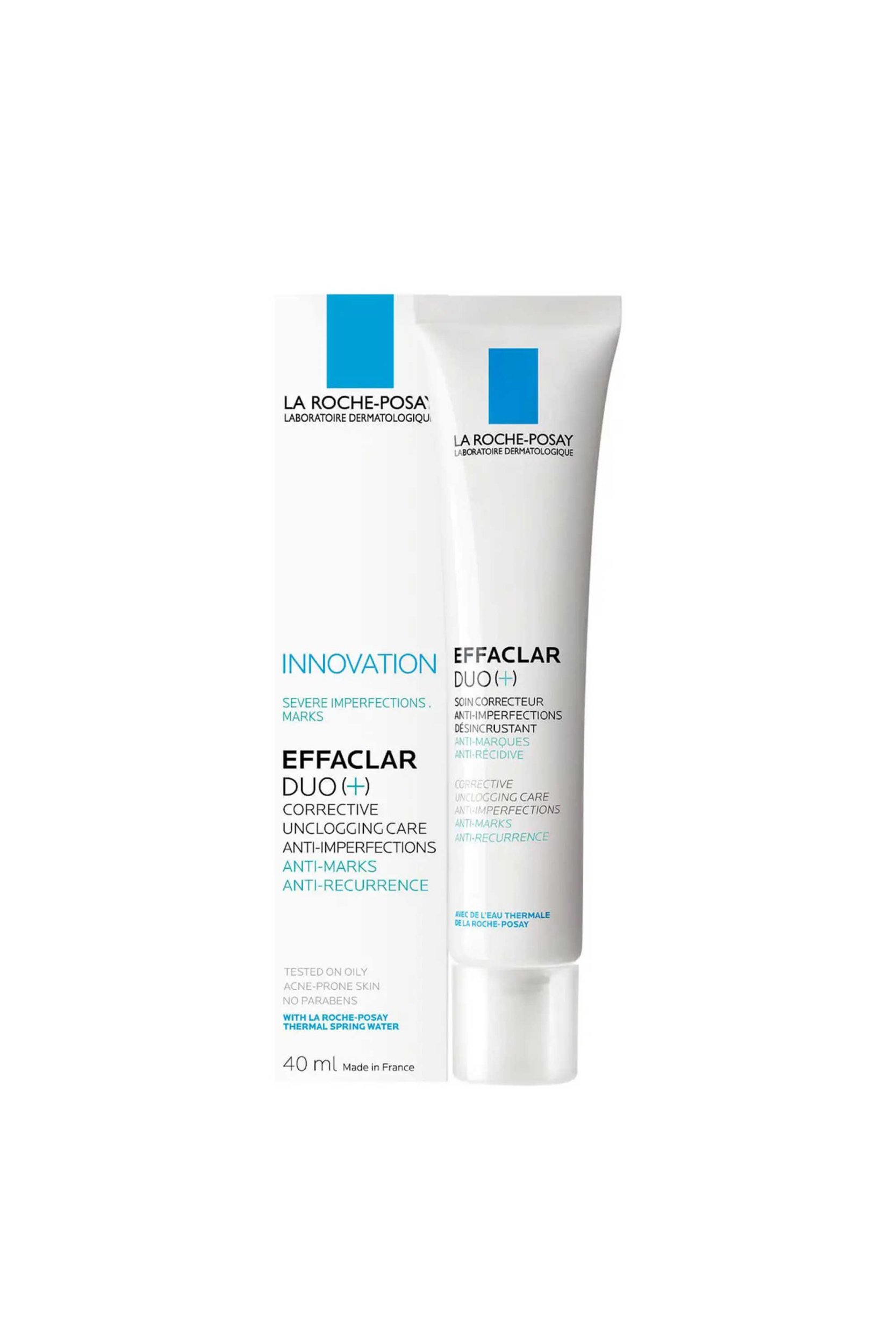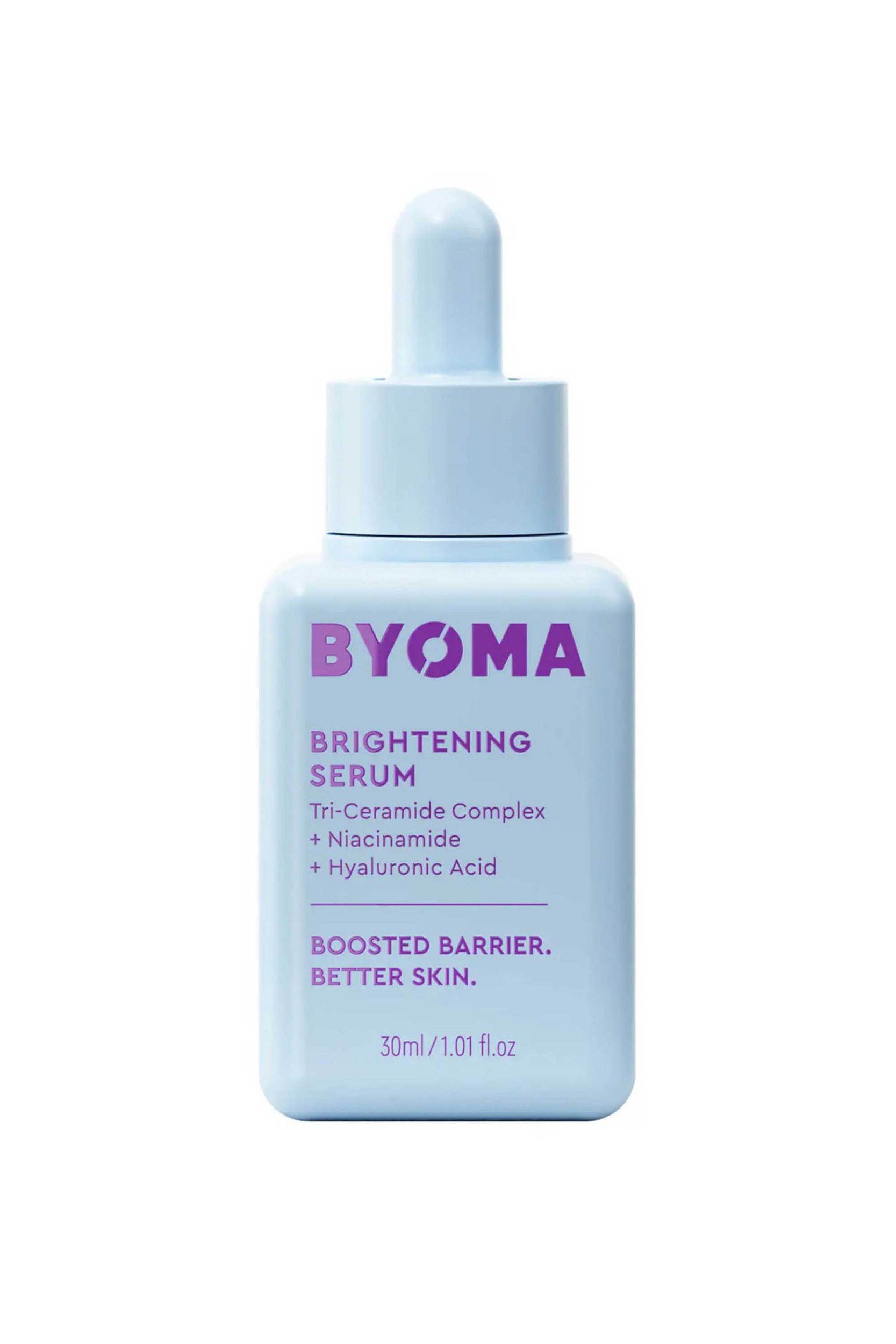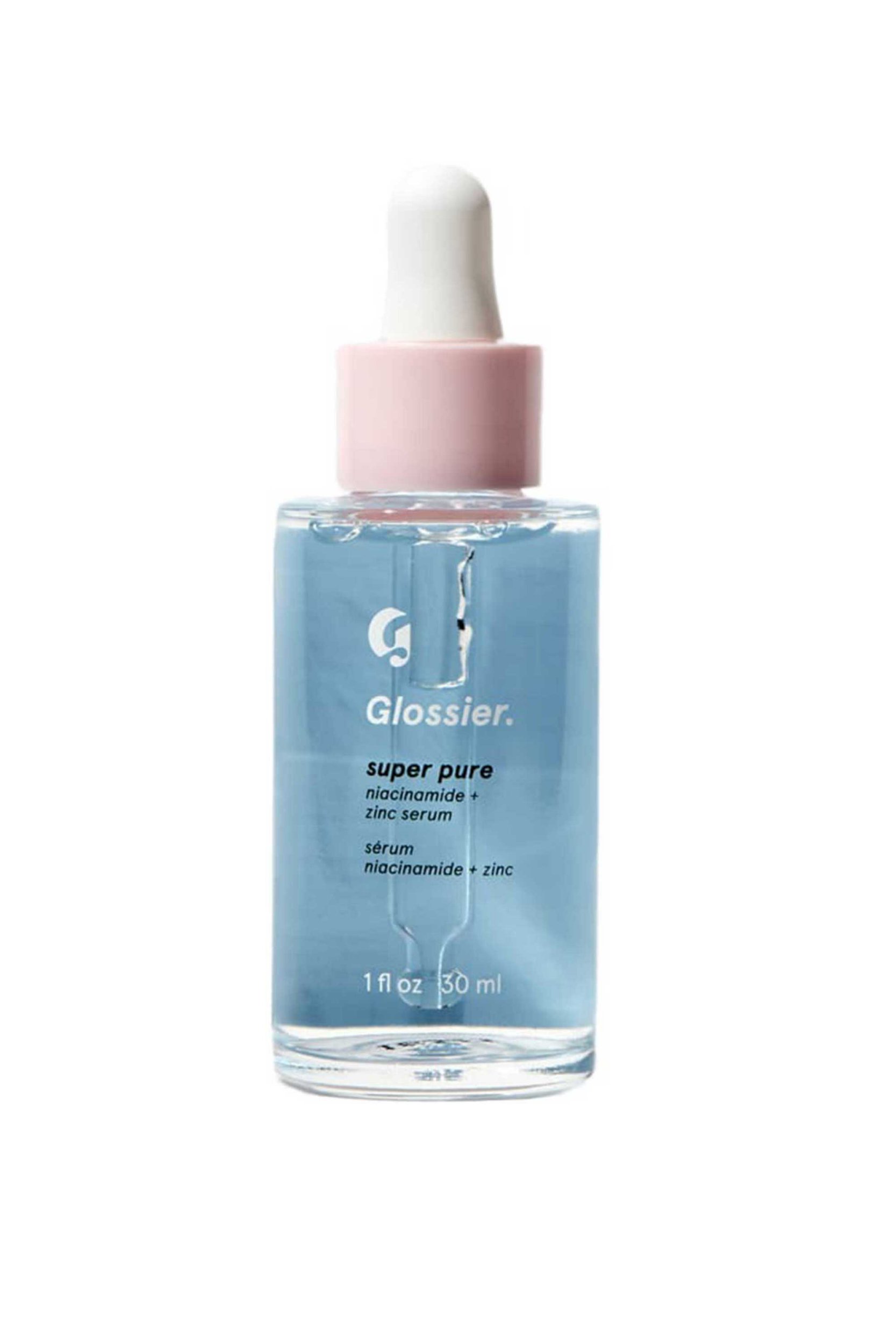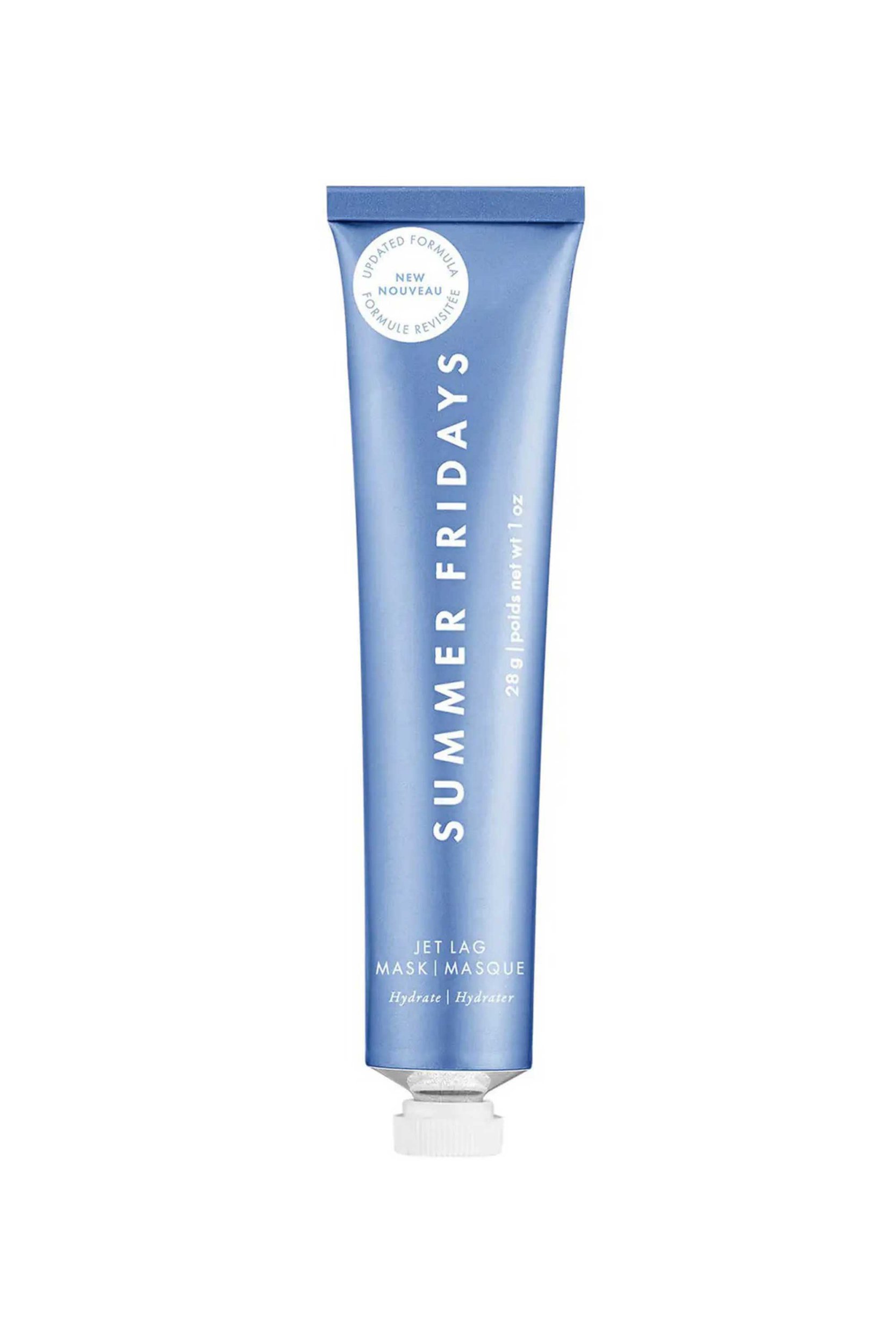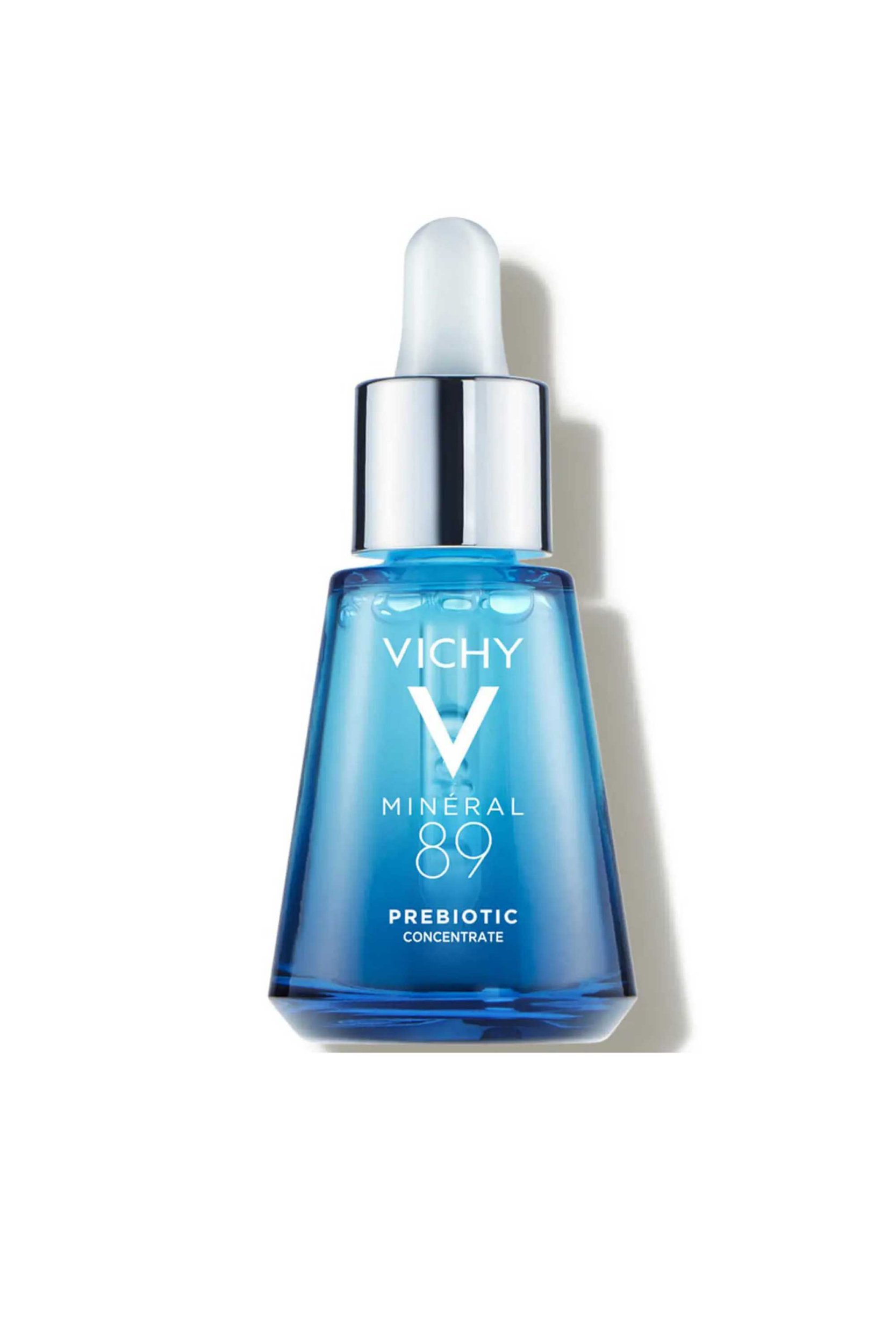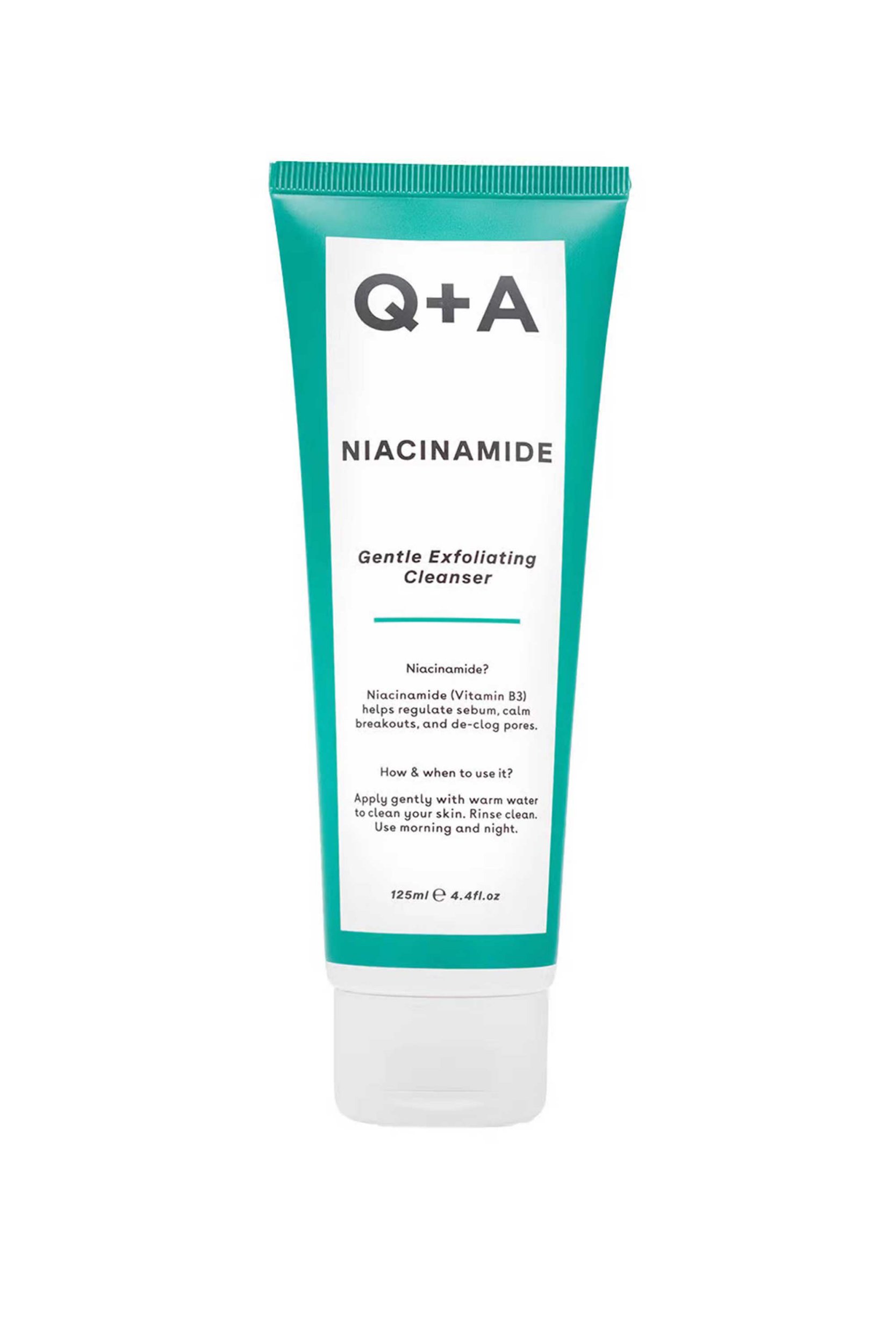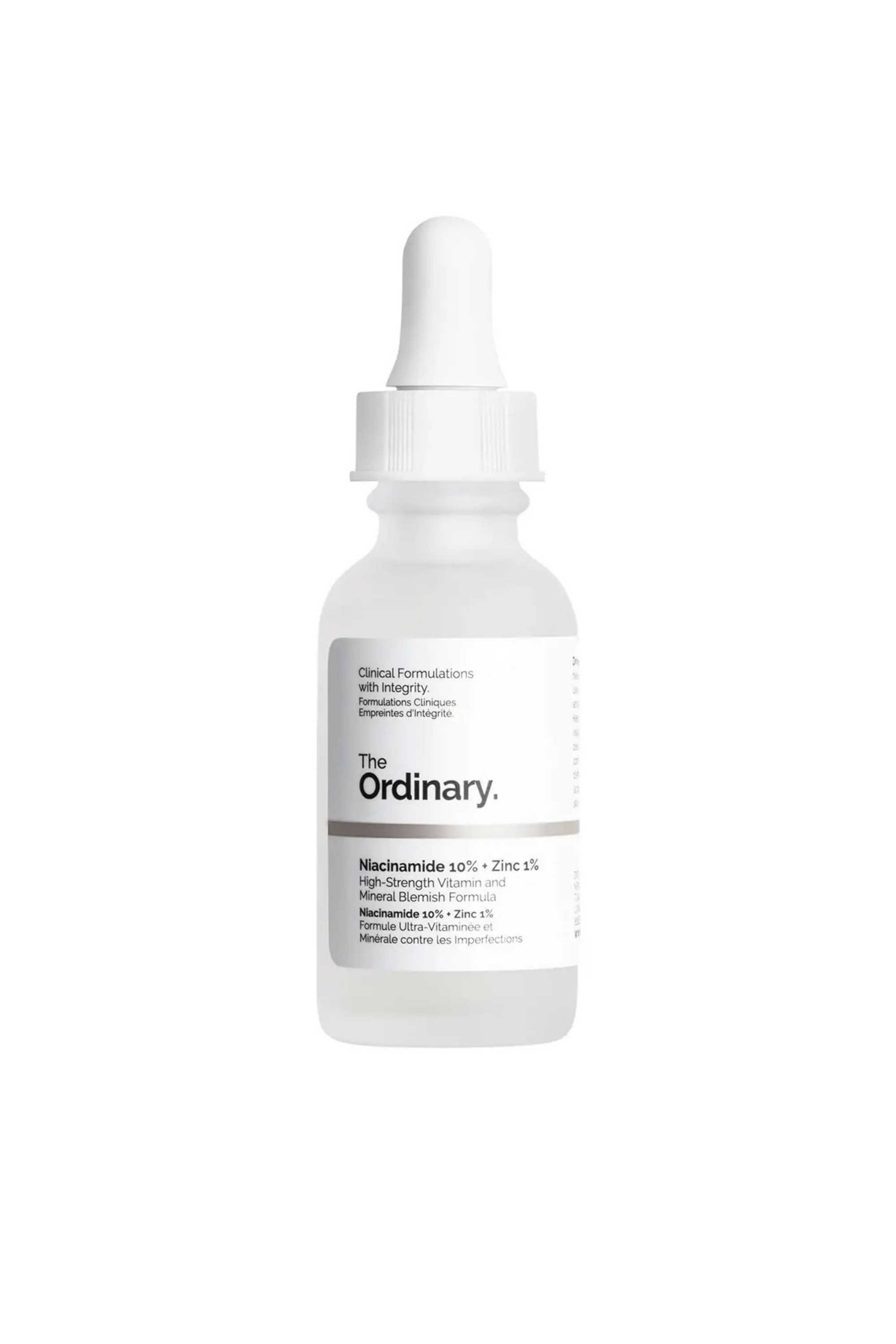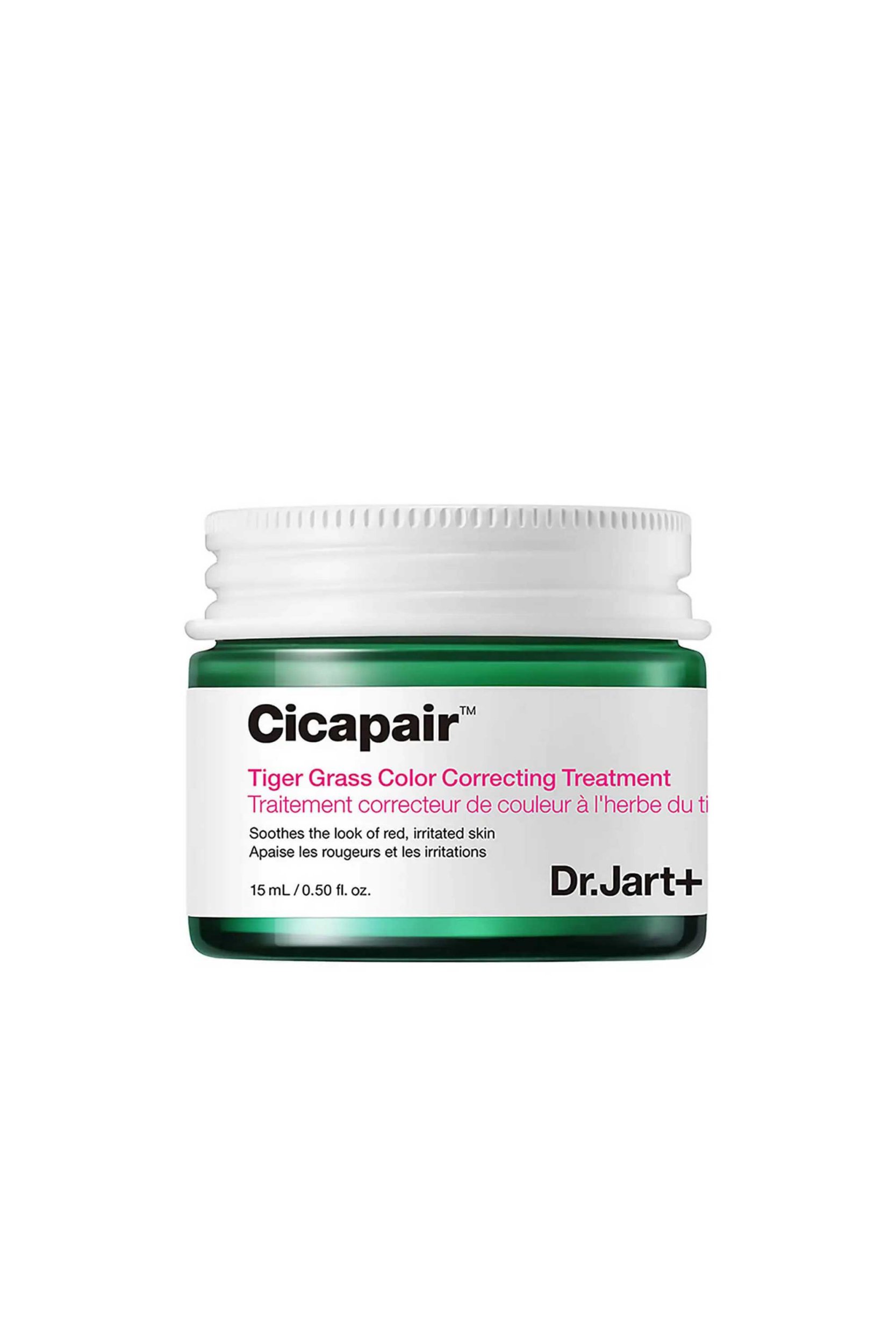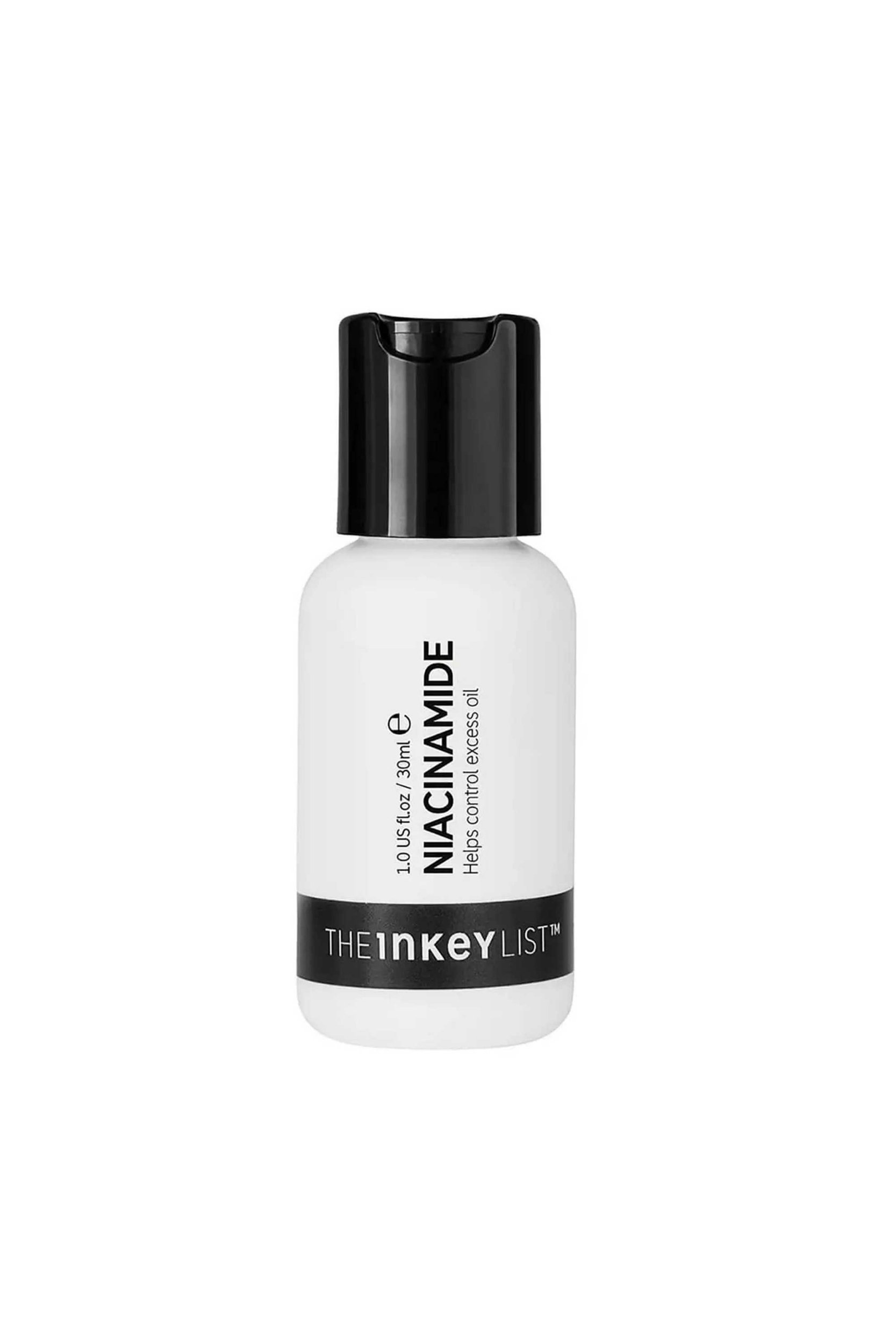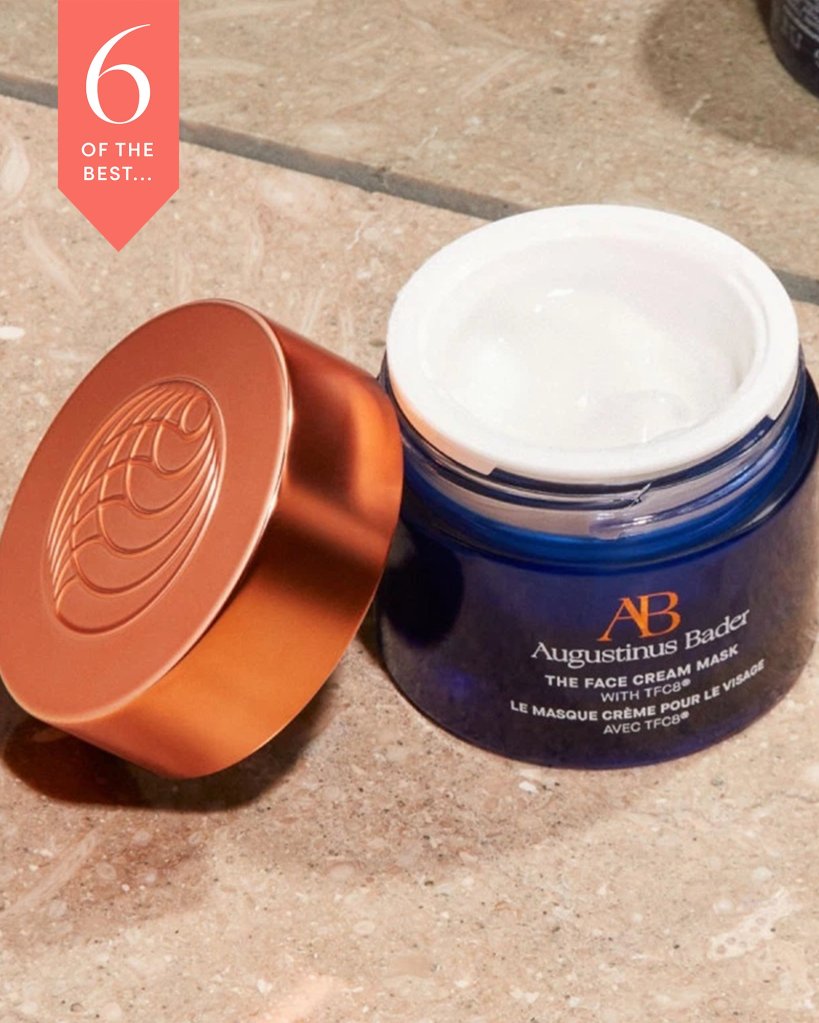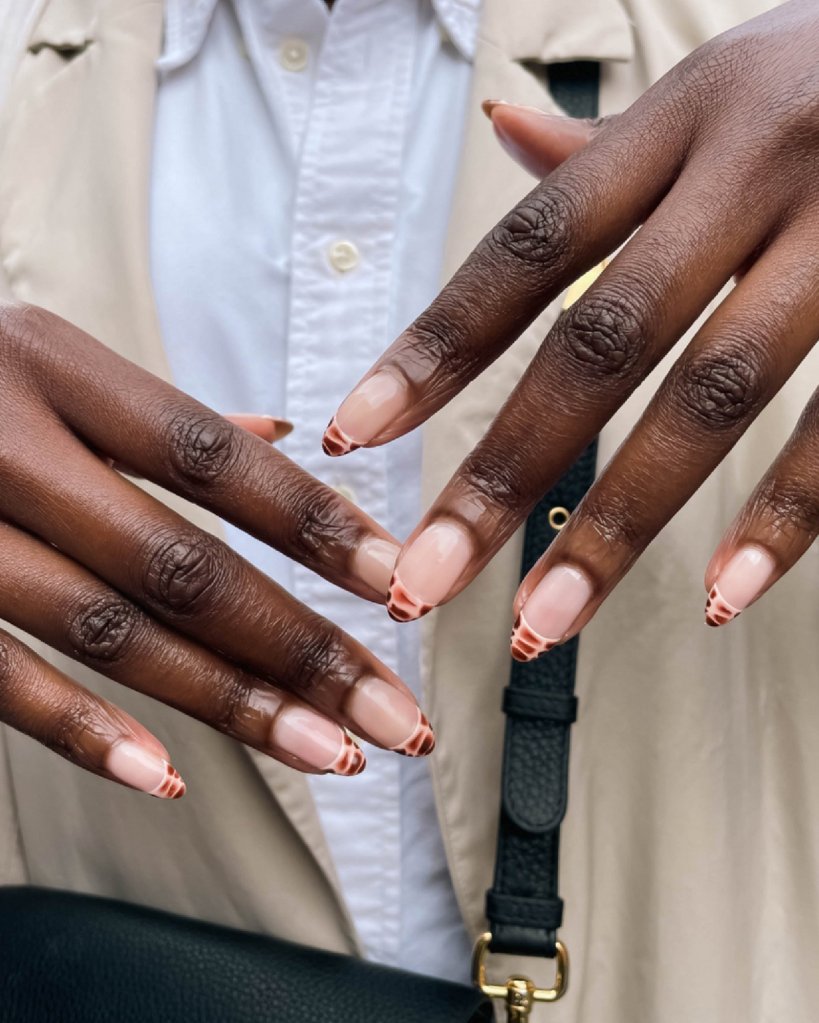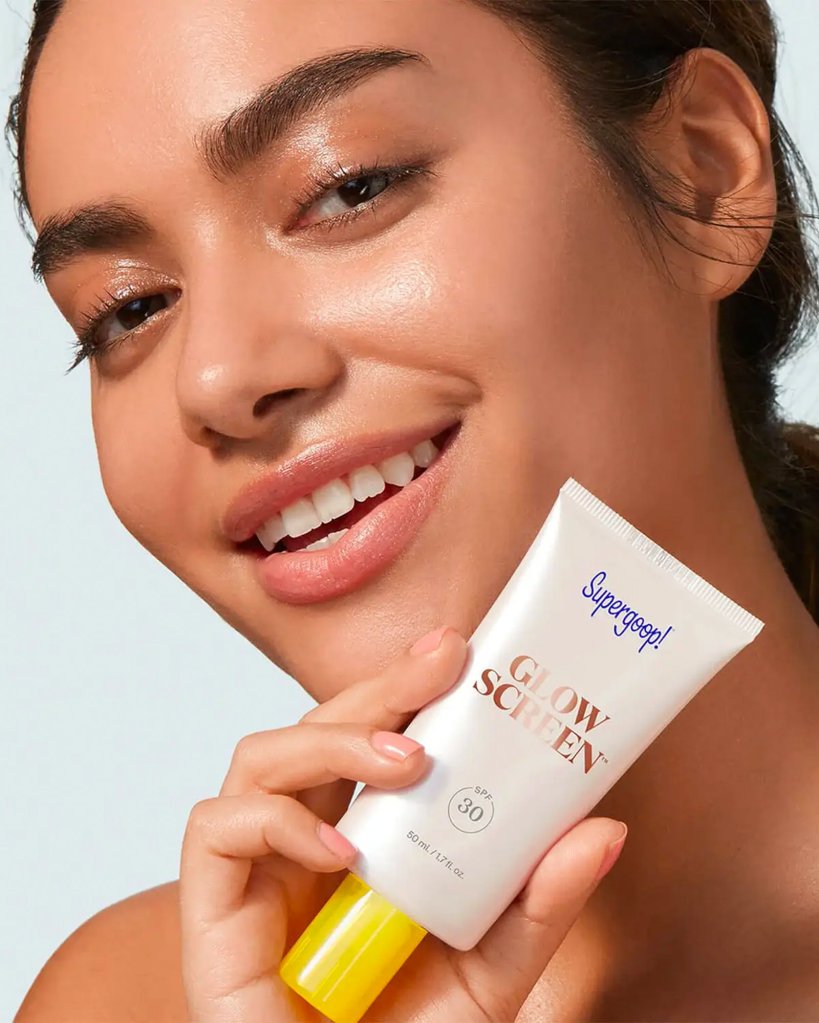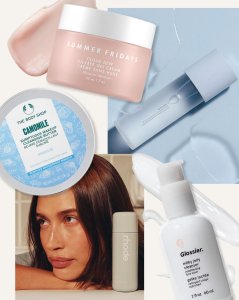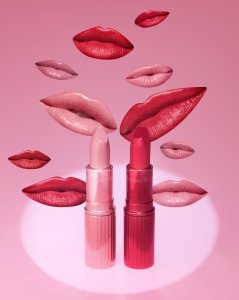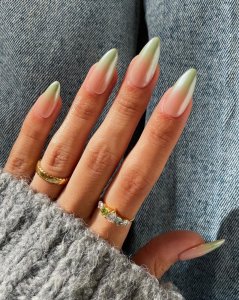Demystifying ingredients, clarifying how to apply products and revealing everything you’ve always wanted to know about skin types; Eliza Explains will help you become a beauty pro.
Whether you’re a skincare aficionado who adores mixing and matching new products in an elaborate skincare routine, or you’re more laid-back in your approach to caring for your complexion, chances are there are some star skincare ingredients you’ll be familiar with.
Take retinol, vitamin C and hyaluronic acid to name just a few – while the mere mention of them might have been confined to the walls of a dermatologist’s office just a few years ago, they’re now pretty much a mainstay in a lot of our skincare rituals.
But what about niacinamide? More formally known as vitamin B3, this hardworking ingredient has been slowly gaining notoriety over the last couple of years, but it’s only now that it’s starting to truly take off. And thanks to the fact that it benefits basically every skin type, it’s well worth getting acquainted with, if you ask me.
What is niacinamide, anyway?
Good question! “Niacinamide is an active form of vitamin B3, which is able to intensify energy metabolism in skin cells, strengthen the skin’s epidermal barrier and stimulate the synthesis of collagen and elastin,” says dermatologist Dr Tiina Meder. “It’s a skin-identical ingredient, which means it’s hypoallergenic and can be used pretty much universally.”
OK, but what are the benefits of using niacinamide for skin?
Honestly, niacinamide is a bit of a hidden gem when it comes to skincare, providing a multitude of benefits from hydration to the regulation of excess oil. “It reduces transepidermal water loss as well as promoting ceramide production, which, in tandem, ensures our skin barrier function is well-maintained and our skin remains hydrated,” explains Dr Fiona McCarthy, consultant oncologist, aesthetic doctor and co-founder of The Bronte Clinic.
“It also has a role in reducing inflammation, which means it is often used in formulations for sensitive or irritated skin.”
Is niacinamide good for reducing wrinkles?
It sure is. McCarthy says that niacinamide also acts as an antioxidant, meaning that it can protect our skin from free radical damage (such as pollution) and therefore slow down some of those more visible signs of ageing, like fine lines, loss of radiance and pigmentation. I’m sold.
So should we all be using niacinamide?
In a word: yes. Thanks to niacinamide’s ability to both soothe and calm irritable skin types and hydrate and bolster our skin barrier, it’s a versatile ingredient that everyone can benefit from. However, Dr Meder points out that a little experimentation might be needed to find the niacinamide skincare product that works best for you: “Different concentrations and forms of niacinamide are used in the different formulations, so it’s impossible to say which is better for one person than another.”
Is it safe to use niacinamide with other ingredients?
One of the best things about niacinamide is that you don’t require a science degree to use it. Unlike retinol and acids, which don’t always react well to being used alongside other ingredients, niacinamide plays nice with most actives and skincare products, so you don’t have to worry about breaking out in an unwanted rash or having a reaction.
In fact, Dr McCarthy suggests that consciously incorporating niacinamide into a routine that contains a multitude of potent actives (like retinol and alpha hydroxy acids, for example) will actually be beneficial at minimising irritation and soothing the skin.
Which are the best niacinamide products to use?
Niacinamide has really taken off recently, and you’ll spot the trending ingredient listed on the back of everything from cleansers to serums. As you can’t really over-use it, there’s no concern about incorporating niacinamide products throughout your routine, but Dr. McCarthy has an interesting take. “For me, niacinamide is best used in products that are left on the skin, rather than wash-off products like cleansers, thus allowing the ingredient to absorb and work,” she advises.
How often should we be slathering niacinamide onto our faces?
Simply put, as often as we like! Niacinamide can be applied to skin morning and night, every single day of the week, thanks to its gentle nature and barrier-strengthening properties. In fact, be warned: once you start using it, it’s unlikely you’ll look back.
Ahead, discover the best niacinamide products to feed your new skincare habit.
Best skincare products containing niacinamide
Farmacy Beauty 10% Niacinamide Night Mask, £23
If you’re looking for a multitasking face mask, this pick from Farmacy Beauty comes out on top. A high-performing cocktail of 10% niacinamide, blueberry seed oil, panthenol and beta-glucan work to refine and smooth your skin while balancing oil production and brightening your complexion.
CeraVe PM Facial Moisturising Lotion, £15.50
A simple but brilliantly effective moisturiser for all skin types that contains ceramides, hyaluronic acid and, of course, niacinamide to protect and nourish the skin barrier.
La Roche-Posay Effaclar Duo+, £20
Created to minimise the appearance of spots, reduce pigmentation and control shine in blemish-prone adults, this is a truly incredible moisturiser that harnesses the calming capabilities of niacinamide along with salicylic acid to unclog pores.
Byoma Brightening Serum, £12.99
Byoma was founded purely to create products that focus on strengthening the skin barrier, so it’s no surprise that niacinamide is a key ingredient in this daily serum, which is designed to boost glow and even skin’s texture and tone.
Glossier Super Pure, £29
This daily serum is as light as water – so perfect for complexions that lean towards the oilier side – and contains 5% niacinamide, plus zinc to rebalance skin and reduce congestion.
Summer Fridays Jet Lag Mask, £24
Possibly one of the most-Instagrammed face masks of all time, this distinctive blue tube isn’t just pretty packaging. Brimming with hyaluronic acid, glycerin, niacinamide and a whole host of other skin-soothing ingredients, this hydrating treatment will quench even the driest of complexions.
Vichy Mineral 89 Probiotic Fractions Recovery Serum, £34
Vichy’s original hyaluronic acid serum is something of a cult classic in the skincare world, but this new launch takes things up a notch with the addition of 4% niacinamide and probiotics to boost radiance, protect the skin barrier and shield skin from environmental stressors.
Q+A Niacinamide Gentle Exfoliating Cleanser, £7.50
Within this lovely cleanser, biodegradable jojoba esters gently slough away dead skin cells to reveal a brighter complexion, while niacinamide helps to keep the process calm and the new skin feeling soothed.
The Ordinary Niacinamide 10% + Zinc 1%, £5
While savvy skincare users will get on well with this potent niacinamide serum, it’s particularly brilliant for blemish-prone skin, which requires a more supercharged formulation to tackle inflammation and keep breakouts to a minimum.
Dr. Jart+ Cicapair Tiger Grass Colour Correcting Treatment, £18
Specially formulated to soothe and calm red, irritated skin, this innovative treatment transforms from green to beige on contact with your skin and adapts to your natural colouring to even out skin tone. Alongside niacinamide (of course), the star ingredient is tiger grass, which soothes, calms and moisturises stressed skin.
The Inkey List Niacinamide Serum, £7.99
Much like niacinamide is the suits-all ingredient of the skincare world, this affordable formulation is the suits-all serum. The addition of hyaluronic acid means it is ultra-hydrating (perfect for dry or dehydrated skin types), and the niacinamide also helps to target inflammation and excess oil if you’re more spot-prone.

